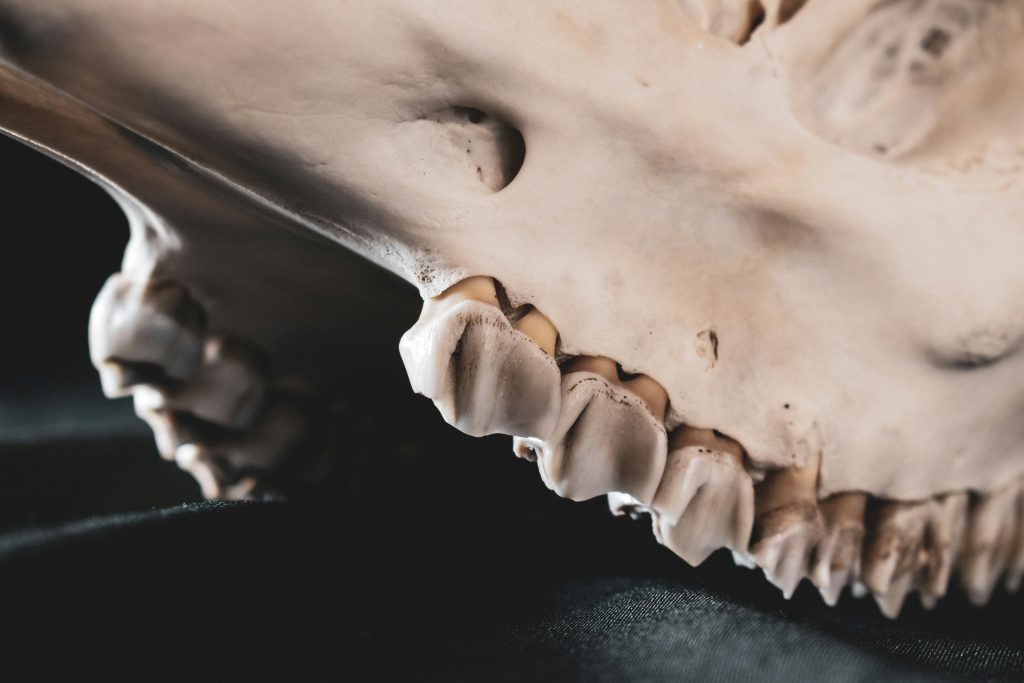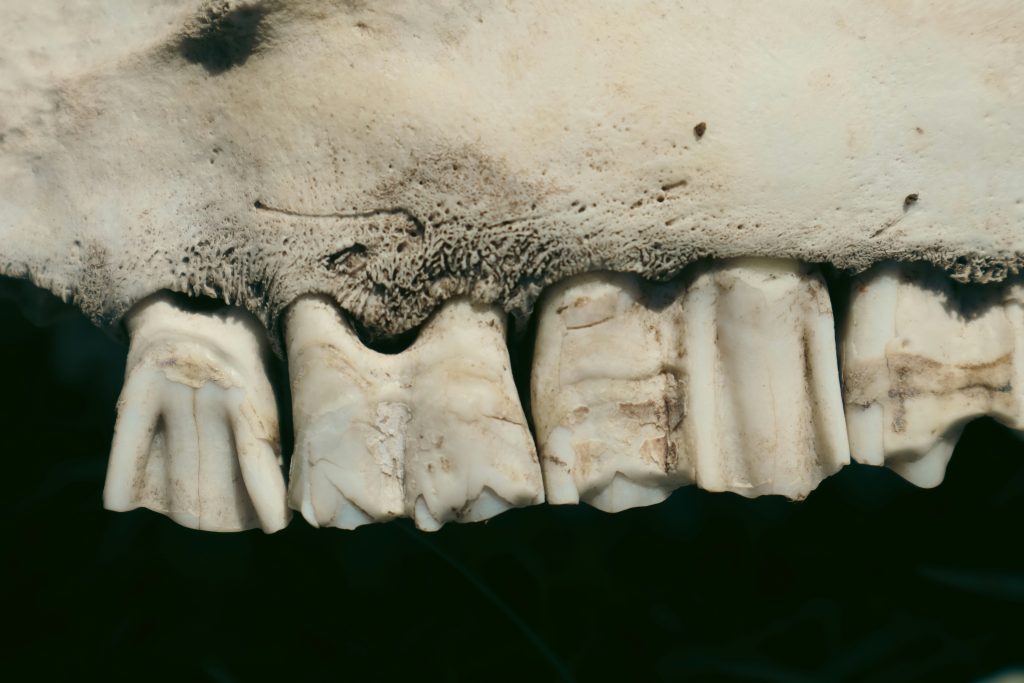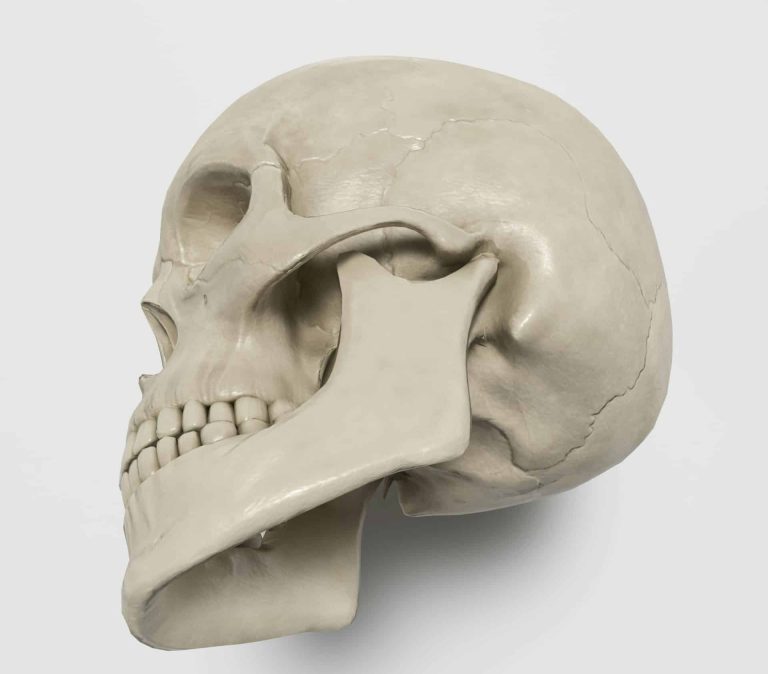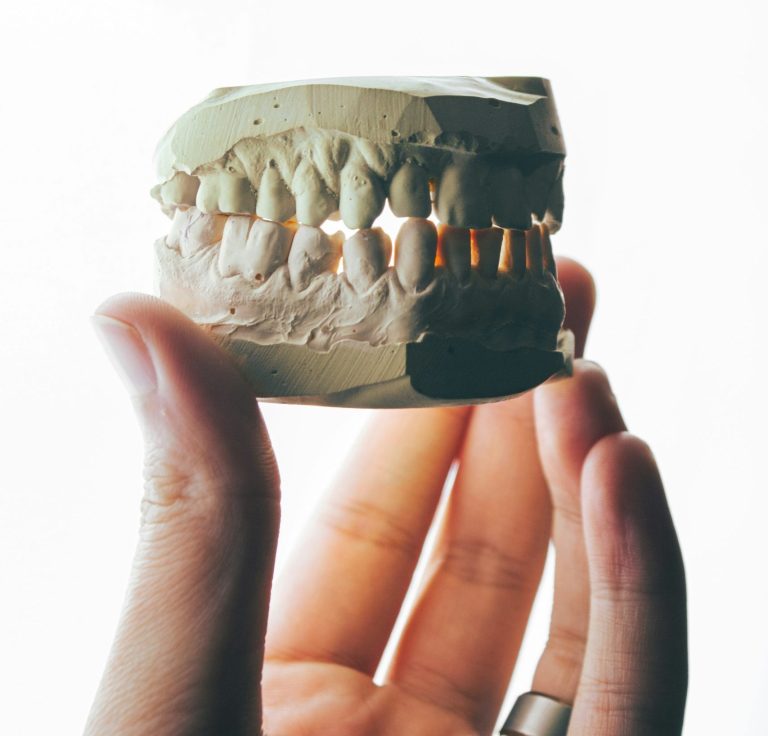Le bruxisma disorder that manifests itself as a involuntary grinding or clenching of the teethis affecting more and more people, often without them realising it. This phenomenon can occur day or night, causing muscle pain, headaches, temporomandibular joint (TMJ) disorders and, in the long term, premature wear of the teeth. Faced with these symptoms, many people wonder: "Which professional should I consult to treat bruxism?.
There is no single answer, as several specialists may be involved, but one of the most effective players is undoubtedly the maxillo-facial physiotherapistthanks to its comprehensive, personalised approach.

Understanding the causes of bruxism
Before choosing the right professional, it's important to understand what causes bruxism. Medical research shows that this disorder can have several causes:
- Stress and anxiety are considered to be major triggers of bruxism.
- Sleep disorders such as sleep apnoea or fragmented sleep.
- Joint imbalances temporomandibular joint (TMJ).
- Certain medications or neurological conditionsmore rarely.
These multiple causes explain why the treatment of bruxism requires a multidisciplinary careThis is an area in which maxillofacial physiotherapy plays a central role.
What professionals should you consult if you suffer from bruxism?
Several practitioners can be involved:
- The dentist The dentist: often the first to be consulted, can suggest occlusal splints to protect teeth from wear and tear.
- The GP or the neurologist The following are useful for ruling out certain medical or drug-related causes.
- The psychologist in cases of severe stress or anxiety.
- The maxillo-facial physiotherapist Bruxism: specialising in the re-education of the muscles of the face, jaw and neck, it acts directly on the muscular tension responsible for bruxism and its associated pain.

Why consult a maxillo-facial physiotherapist for bruxism?
La maxillofacial physiotherapy is a recognised therapeutic approach that acts on the functional cause of bruxism: the muscular overload and joint imbalances. Here are its main proven benefits:
- Reduced muscle and joint pain
Using gentle manual techniques (specific massages, mobilisation of the TMJ), the physiotherapist relieves the tension accumulated in the muscles of the jaw, neck and sometimes the shoulders. - Improved jaw mobility
Bruxism often limits the fluid opening and closing of the mouth. Physiotherapy helps to restore natural mobility, which is essential for pain-free speaking, eating and chewing. - Reduction in associated symptoms (migraines, headaches, dizziness)
Numerous studies have shown that the stresses associated with bruxism can lead to chronic headaches. Maxillofacial physiotherapy helps to reduce their frequency and intensity. - Rehabilitation and prevention
The physiotherapist teaches the patient personalised exercises to relax the jaw and correct the postural habits that cause bruxism. - Comprehensive, complementary monitoring
Working in collaboration with the dentist, the doctor and sometimes the psychologist, the physiotherapist offers a complete range of services. multidisciplinary care that maximises results.
A treatment that goes beyond mere relief
One of the great advantages of maxillofacial physiotherapy is that it does more than just relieve symptoms. It aims to correct muscular and joint imbalances to reduce bruxism for good.
In this way, not only are patients protected (as with a dental splint), but they also learn to better manage their bodies, postures and tensions.

Conclusion: where to turn?
If you suffer from tooth grinding, jaw pain or unexplained headaches, the maxillo-facial physiotherapist is a key professional in managing your bruxism. His comprehensive approach - combining relief, rehabilitation and prevention - makes him an essential ally in restoring comfort and quality of life.
Don't wait for your teeth to wear down or for the pain to become chronic: an early consultation with a dental surgeon is the best way to prevent it. specialist physiotherapist can make all the difference.






